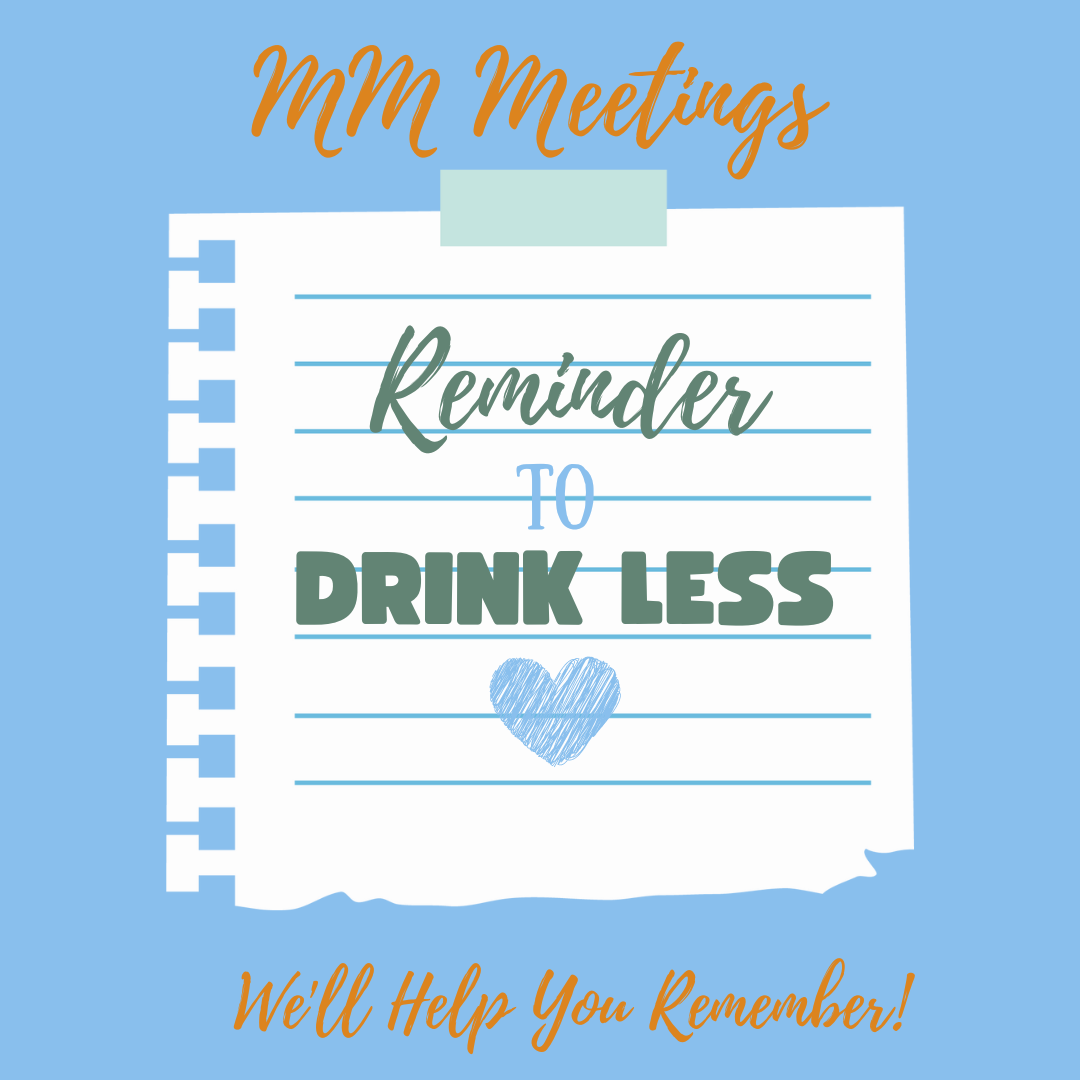
Dryuary Day 22: 3 Chairs-An Exercise in Self-Compassion
“Compassion is not only relevant to those who are blameless victims, but also to those whose suffering stems from failures, personal weakness, or bad decisions. You know, the kind you and I make every day. Compassion, then, involves the recognition and clear seeing of suffering. It also involves feelings of kindness for people who are suffering, so that the desire to help—to ameliorate suffering—emerges. Finally, compassion involves recognizing our shared human condition, flawed and fragile as it is.”
Neff, Kristin. Self-Compassion (p. 10). HarperCollins. Kindle Edition.
It hit me the other day. I was minding my own business, relaxing while reading a book in the tub. It was early morning, and I was feeling positive about the day. I’d completed the first week of Dryuary and was happy with my success. My optimism for the future was like the bubbles in the tub, effervescent and buoyant.
Then…
Bam!
A memory. One in which I overdrank and did something embarrassing or hurtful or stupid. Take your pick.
I know I cannot, as the saying goes, blame myself for what I didn’t know yet, but doggone it why hadn’t I learned sooner? Why had I waited so long? Why hadn’t I learned the lesson the first time it was taught to me?
While I am grateful for my collection of memories that empowered me to finally make the changes in my drinking I needed to make, a handful of those memories still have the power to wound me and pop my bubbles, so to speak.
When they do, I pull out Three Chairs.
The Three Chairs Exercise is just one of Self-Compassion: The Proven Power of Being Kind To Yourself author, Kristen Neff’s recommended self-compassion exercises. In this exercise, Neff, has her client change seats, one seat being the seat of the criticizer, one seat being the seat of the criticised and the last seat being that of the self-compassionate observer.
What I discovered when I put myself in these roles is that the majority of the time, the criticizer is speaking from a place of fear, but it is coming out as anger. Like a parent who has waited up all night for a child to come home, every possible horrible scenario playing out in their head, I am angry that I have made myself this afraid. As the criticized, I was also fearful. Afraid of what I was doing to myself and terrified that I would never learn how to quit repeating the same mistakes. It took me stepping out of both roles and playing the compassionate observer to discover their common fear.
So now, when I find those memories dive bombing me, or when I stumble in real time and overdrink, I remind myself that what I am really feeling is not anger, disappointment and disgust. All those feelings are manifestations of my fear and concern for myself.
Once I realize this, the criticizer reaches over and takes the hand of the criticized and says in a soft voice, “I know you’re scared. I will take care of you.” The compassionate observer smiles and nods.
Systems Check:
Time for our weekly systems check. Take time to compare this week’s systems check to last week’s.
Physical:
Head:
Eyes:
Complexion:
Heart (If it is concerning you, please contact your medical provider.):
Tummy:
Skeleto-Muscular System: Any muscle aches or injuries?
Mental/Emotional:
Sleep:
Energy:
Anxiety:
Outlook:
Share the results of your systems check in the comments below or in the private Dryuary 2025 Facebook group.
by Mary Reid
Moderation Management member and former Executive Director, author of Neighbor Kary May’s Handbook to Happily Drinking Less or Not Drinking At All with the Support on Online Communities, editor/writer of Moderate Drinking Success Stories and Lessons Learned: Tales from the MM Community and Beyond and creator/writer of MM’s Kickstart Moderation Program.






No responses yet